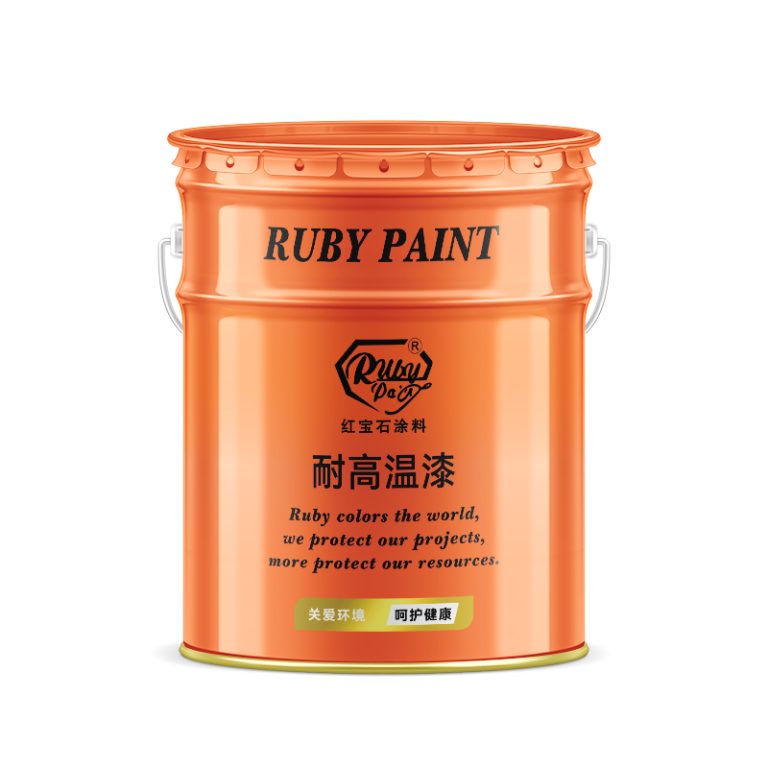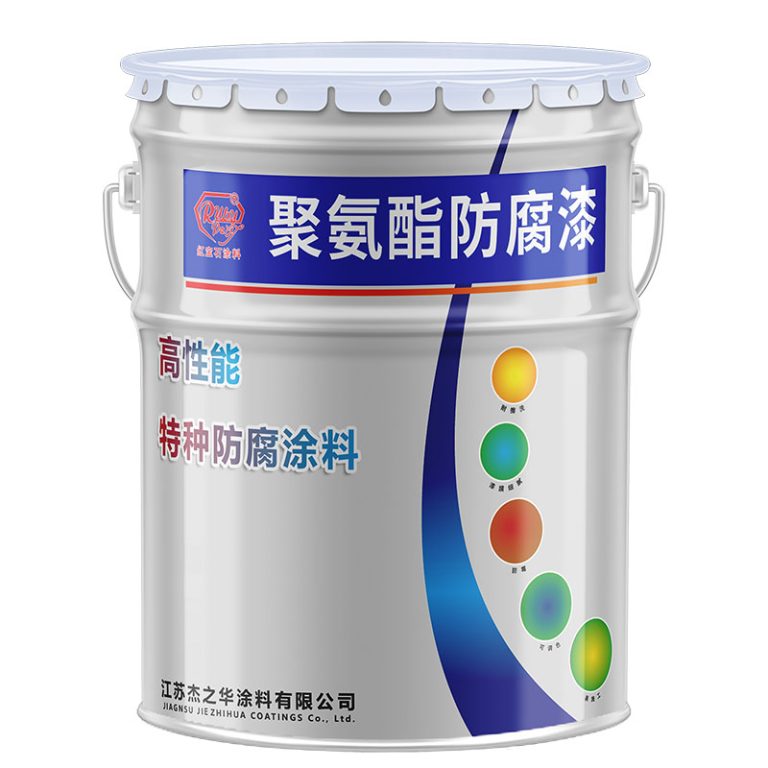Table of Contents
Applications Of Fluorocarbon Oil In The Automotive Industry
Fluorocarbon oil, a synthetic lubricant derived from fluorinated hydrocarbons, has become an essential component in the automotive industry due to its exceptional properties. This oil is known for its high thermal stability, chemical inertness, and excellent lubrication characteristics, making it ideal for use in various automotive applications where conventional oils may fall short.
One of the primary applications of fluorocarbon oil in the automotive industry is in air conditioning systems. The unique molecular structure of fluorocarbon oil makes it compatible with refrigerants commonly used in automotive air conditioning systems. This compatibility ensures that the oil can effectively lubricate the compressor without reacting with the refrigerant, thereby enhancing the efficiency and longevity of the system. Moreover, fluorocarbon oil’s low volatility helps in reducing the loss of lubricant, which can lead to improved cooling performance and reduced maintenance costs.
Transitioning from air conditioning systems, fluorocarbon oil also finds its application in enhancing the performance of fuel systems. The oil’s resistance to harsh chemicals, including aggressive fuels and additives, protects critical components of the fuel system from corrosion and wear. This is particularly important in modern vehicles that use high-pressure fuel injection systems, where the lubrication and protective properties of fluorocarbon oil can help in maintaining the integrity and functionality of the system. Additionally, the oil’s ability to withstand high temperatures contributes to a more stable and reliable fuel system, which is crucial for achieving optimal engine performance.
Furthermore, fluorocarbon oil is utilized in the manufacturing of automotive seals and gaskets. The oil’s exceptional chemical resistance ensures that these components can endure exposure to a wide range of fluids and gases without degrading. This is vital for maintaining the seals’ effectiveness in preventing leaks and ensuring the longevity of various automotive systems, such as the engine and transmission. The durability of fluorocarbon oil-infused seals and gaskets translates into fewer replacements and repairs, ultimately contributing to the overall reliability and cost-efficiency of the vehicle.
| No. | Commodity Name |
| 1 | Industrial paint |
In addition to these applications, fluorocarbon oil plays a crucial role in the lubrication of high-temperature bearings within the automotive industry. Bearings operating in high-temperature environments, such as those near the engine or exhaust systems, require a lubricant that can maintain its properties under extreme conditions. Fluorocarbon oil’s ability to resist thermal degradation ensures that it can provide consistent lubrication, reducing friction and wear even at elevated temperatures. This not only extends the life of the bearings but also helps in maintaining the smooth operation of the vehicle.
In conclusion, fluorocarbon oil’s unique properties make it an invaluable resource in the automotive industry. Its applications range from air conditioning systems and fuel systems to the manufacturing of seals and gaskets, as well as the lubrication of high-temperature bearings. Each of these applications highlights the oil’s ability to perform under challenging conditions, providing reliability, efficiency, and cost-effectiveness. As the automotive industry continues to evolve and face new challenges, the role of fluorocarbon oil is likely to expand, further underscoring its importance in this field.
Benefits Of Fluorocarbon Oil In High-Temperature Environments
Fluorocarbon oil, a synthetic lubricant, has gained significant attention for its exceptional performance in high-temperature environments. This type of oil is formulated from perfluoropolyether (PFPE), which provides it with remarkable thermal stability and chemical inertness. As industries continue to push the boundaries of technology and machinery, the demand for lubricants that can withstand extreme conditions has become increasingly critical. Fluorocarbon oil stands out as an ideal solution for such demanding applications, offering a range of benefits that enhance both efficiency and longevity of equipment.
One of the primary advantages of fluorocarbon oil is its ability to maintain its lubricating properties at elevated temperatures. Traditional lubricants tend to degrade or evaporate when exposed to high heat, leading to increased friction and wear on machinery components. Fluorocarbon oil, however, can operate effectively at temperatures exceeding 250 degrees Celsius, and some specialized formulations can even withstand temperatures up to 400 degrees Celsius. This makes it an excellent choice for industries such as aerospace, automotive, and manufacturing, where equipment often operates under severe thermal conditions.
| No. | Name |
| 1 | Industrial paint |
Moreover, fluorocarbon oil exhibits exceptional chemical resistance, which further contributes to its suitability for high-temperature environments. It is inert to virtually all acids, bases, and solvents, which means it does not react with other chemicals it might come into contact with during industrial processes. This property ensures that the oil retains its structure and continues to provide effective lubrication without breaking down or forming harmful byproducts. As a result, equipment remains protected and operational downtime caused by lubricant failure is significantly reduced.
In addition to its thermal stability and chemical resistance, fluorocarbon oil also offers excellent oxidative stability. Oxidation is a common problem for lubricants, as it leads to the formation of sludge and varnish that can impair the functioning of machinery. Fluorocarbon oil, however, is highly resistant to oxidation, even at high temperatures. This resistance helps to extend the service life of both the oil and the equipment, reducing maintenance costs and improving overall productivity.
Another noteworthy benefit of fluorocarbon oil is its compatibility with a wide range of materials. It does not cause swelling or deterioration of plastics, elastomers, and metals, which are commonly used in the construction of machinery. This compatibility is crucial for ensuring the integrity and performance of equipment seals and other components that might be susceptible to damage from other types of lubricants.
Furthermore, the low volatility of fluorocarbon oil makes it a safer option in high-temperature environments. Lower volatility means that the oil is less likely to vaporize and create flammable vapors, which can pose significant safety risks in industrial settings. By reducing the potential for fire hazards, fluorocarbon oil not only protects equipment but also enhances workplace safety.
In conclusion, fluorocarbon oil provides a multitude of benefits for high-temperature applications, making it an indispensable lubricant for industries that operate under extreme conditions. Its ability to maintain lubrication properties at high temperatures, resist chemical reactions, prevent oxidation, and remain compatible with various materials, along with its low volatility, collectively contribute to improved equipment performance, reduced maintenance costs, and enhanced safety. As technology continues to evolve, the role of fluorocarbon oil in meeting the demands of modern machinery will undoubtedly become even more pivotal.







